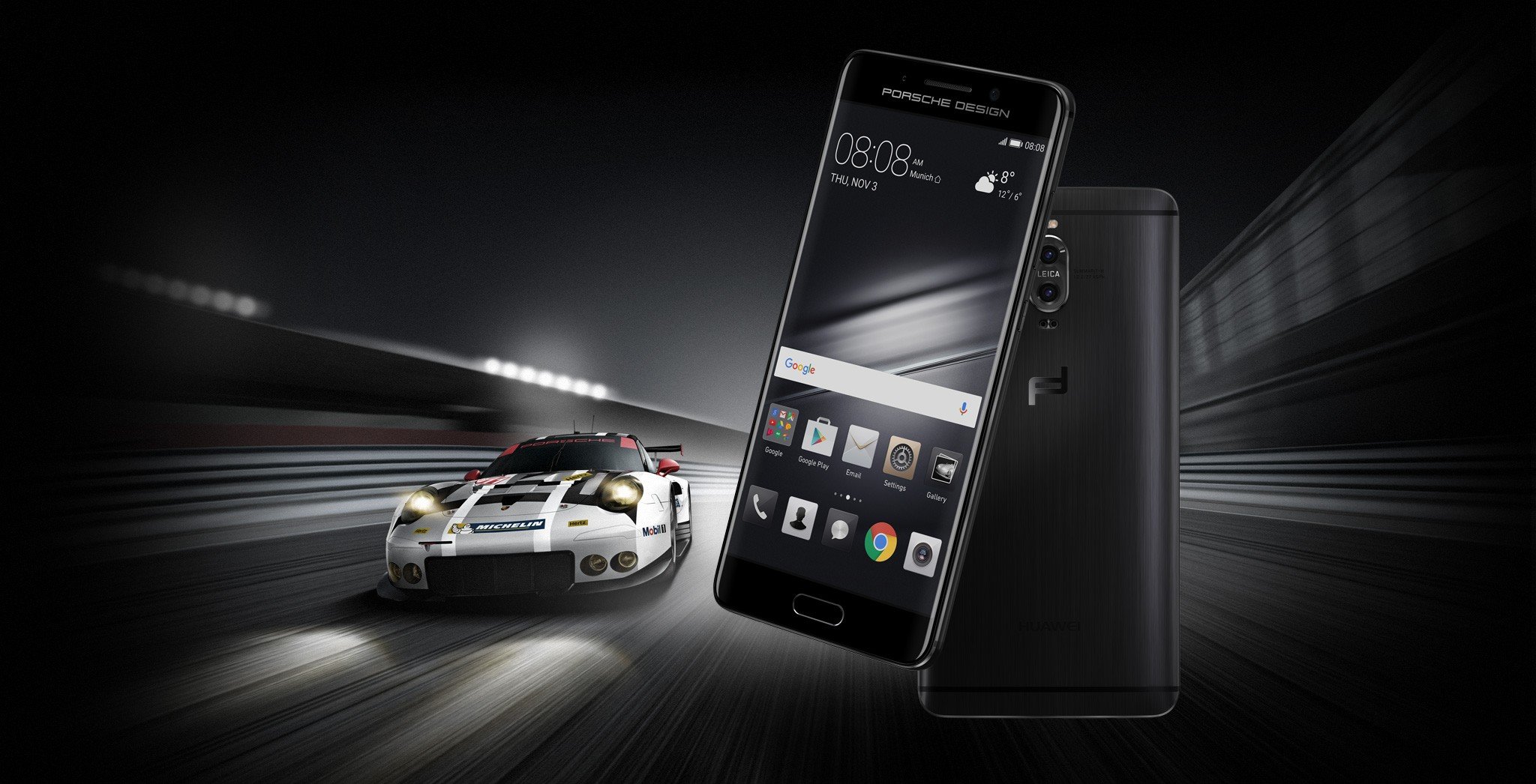Chinese telecom giant Huawei recently demonstrated how its new Mate 10 Pro phone can power a self-driving car.
“A smartphone is already outstanding at object recognition,” noted Andrew Garrihy, Huawei’s chief marketing officer, in a promotional video for the project. “So, we thought, could the AI that’s currently embedded in our phone pilot a car, recognize objects, instruct the car to avoid them, and could we do all of that in five weeks?”
The first thing Huawei had to do with the car was enabled it to be robotically controlled, according to Duncan McKerracher, head of creative technology. They also had to build a communication method to allow the phone to tell the car about specific objects, such as the difference between a dog and a cat. Once the car receives this information, it maneuvers accordingly.
“The challenge we set ourselves for this was to really see what’s possible,” Garrihy said. “It’s much more than driving a car. It’s actually intelligent object recognition and using that intelligence to make decisions. If we can succeed in this challenge, what else is possible?”
Huawei demonstrated the technology at the Mobile World Congress trade show in Barcelona, Spain. A Porsche Panamera was given more than 1 million images and the ability to recognize 1,000 objects. Attendees were able to ride in the Panamera as it successfully evaded cardboard stand-ins for objects such as a dog and person on a bicycle. Users simply tapped a button on the phone to get the Porsche moving.
The company chose the Panamera because it wasn’t already a self-driving car, noted CNET. With just five weeks and an off-the-shelf phone, Huawei’s experiment left quite an impression on those who saw it in action.
Huawei unveiled the phone in November, and it’s currently available at Canada Computers for $899 CAD.
The company has been trying to break in to the U.S. market, but deals with AT&T and Verizon crumbled reportedly due to pressure from the U.S. government. Last month, heads of the FBI, CIA, and NSA warned Americans not to use the company’s products or services over fears the Chinese government would have “the capacity to maliciously modify or steal information. And it provides the capacity to conduct undetected espionage.”


